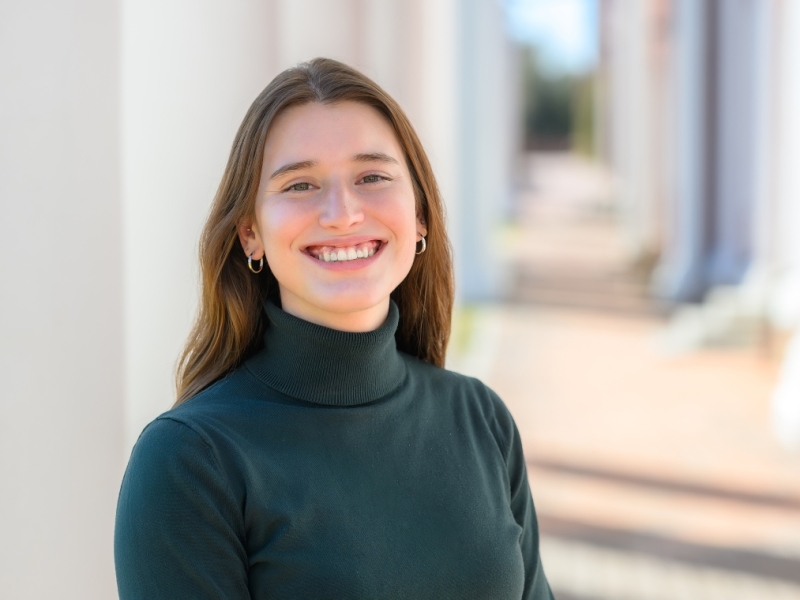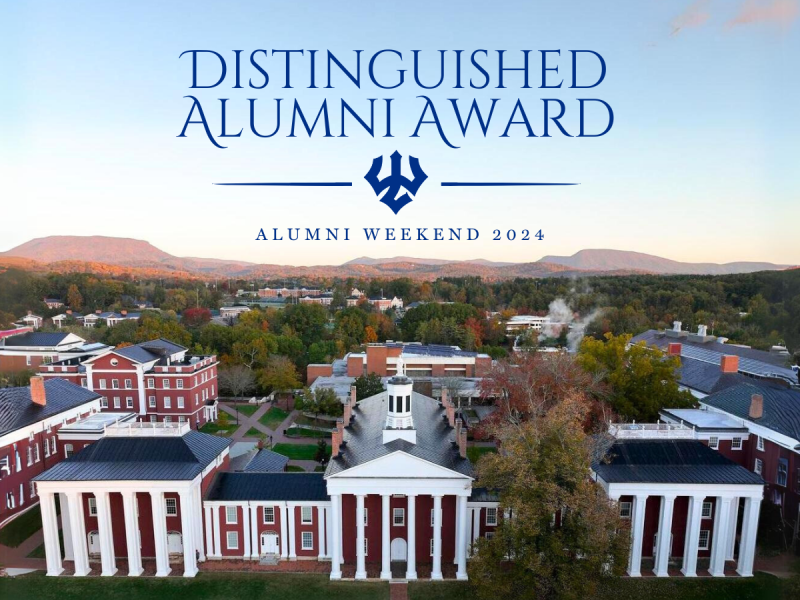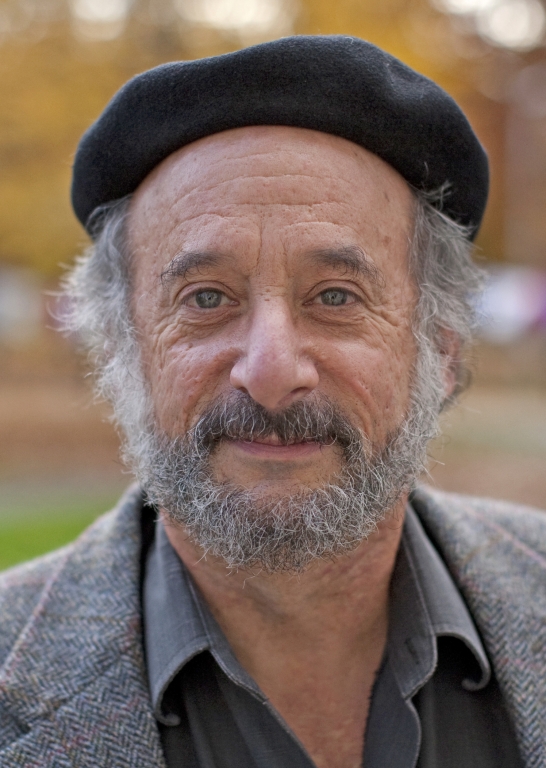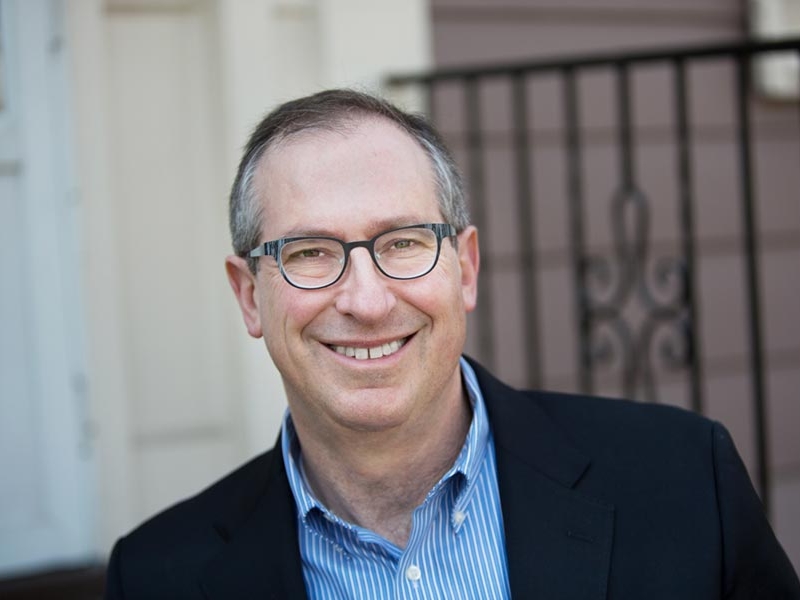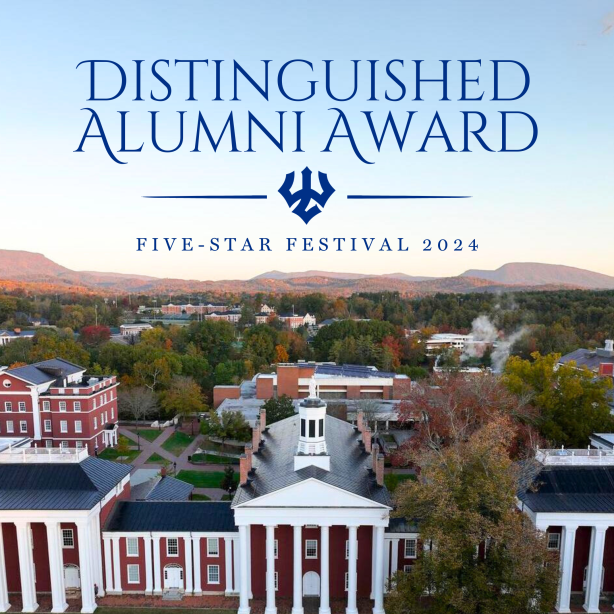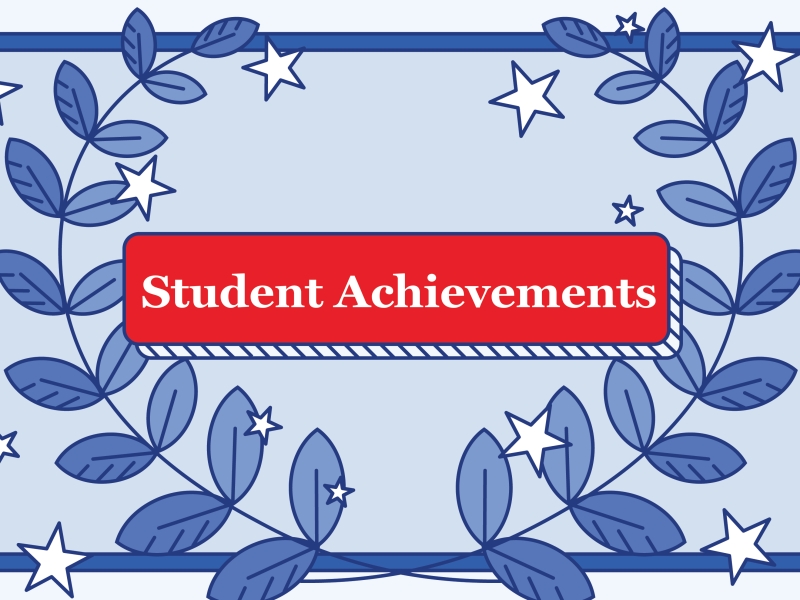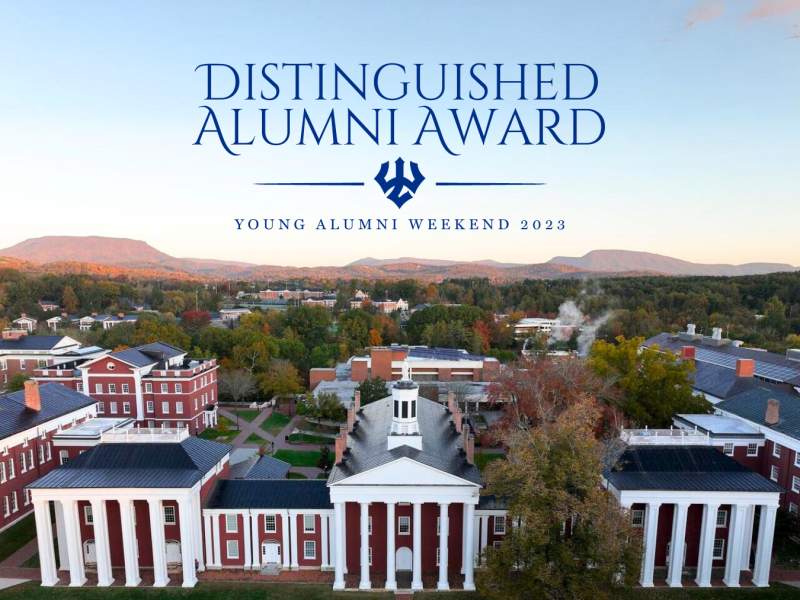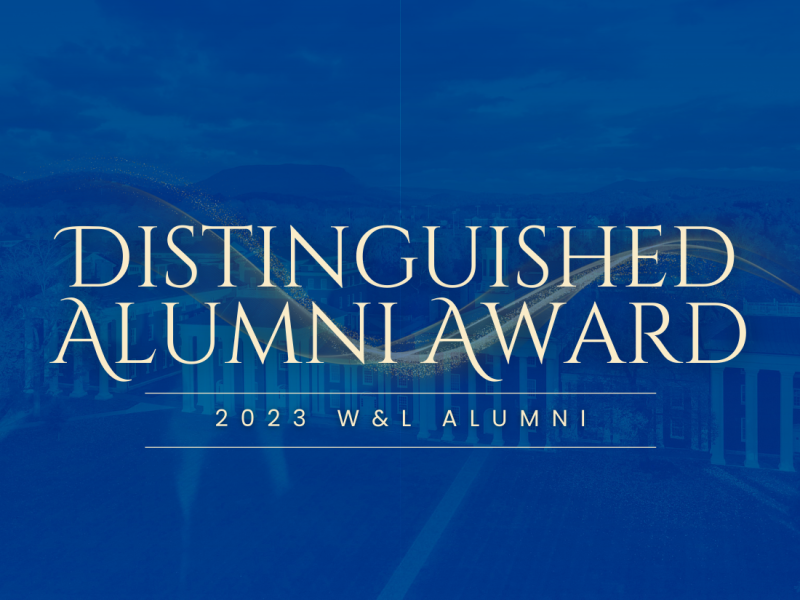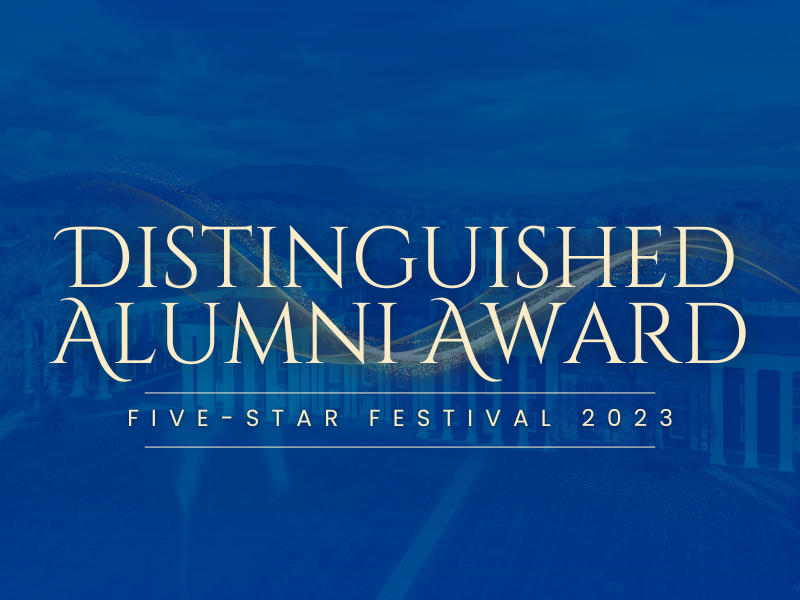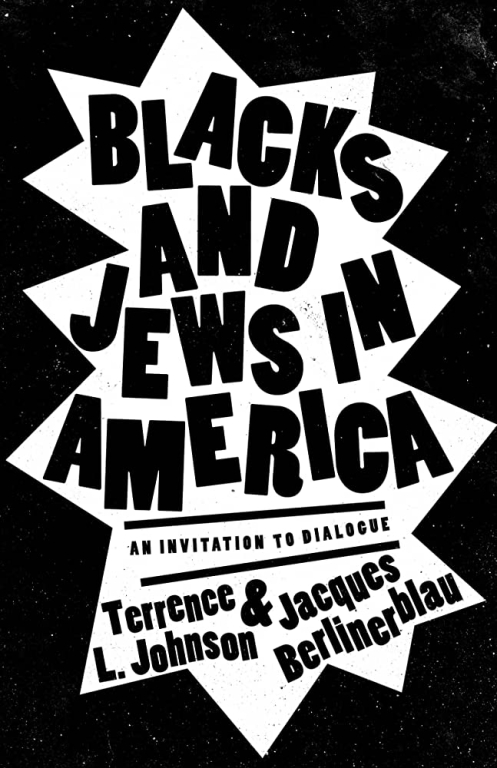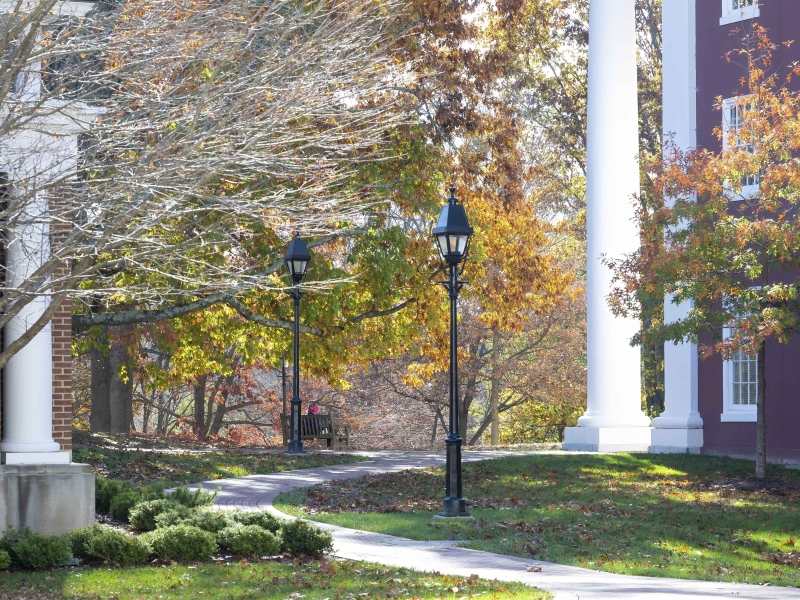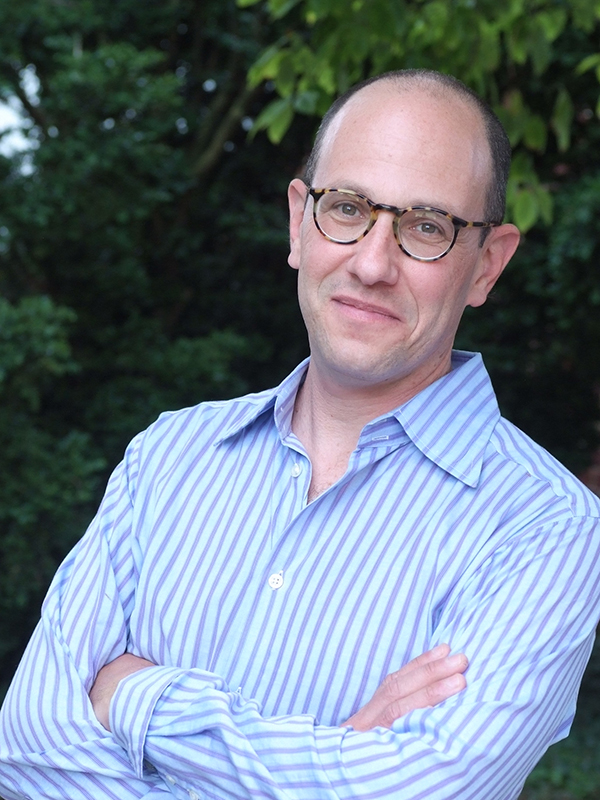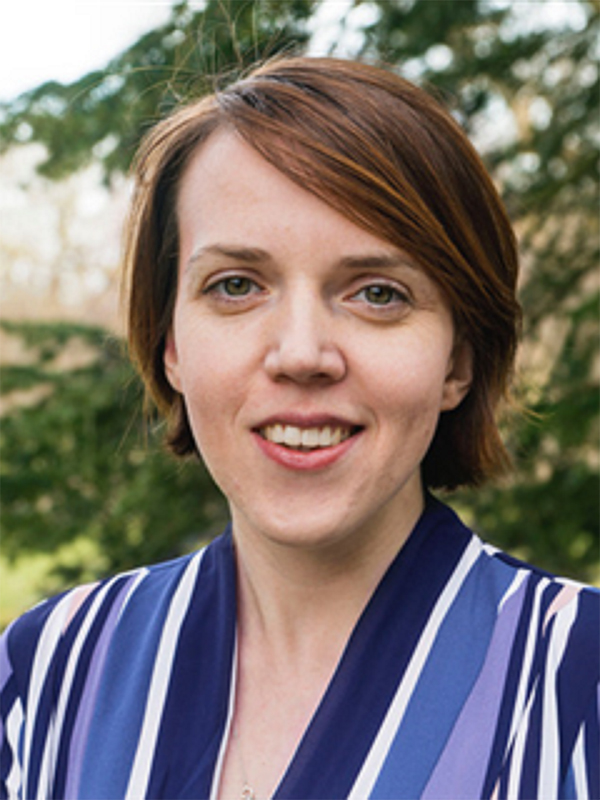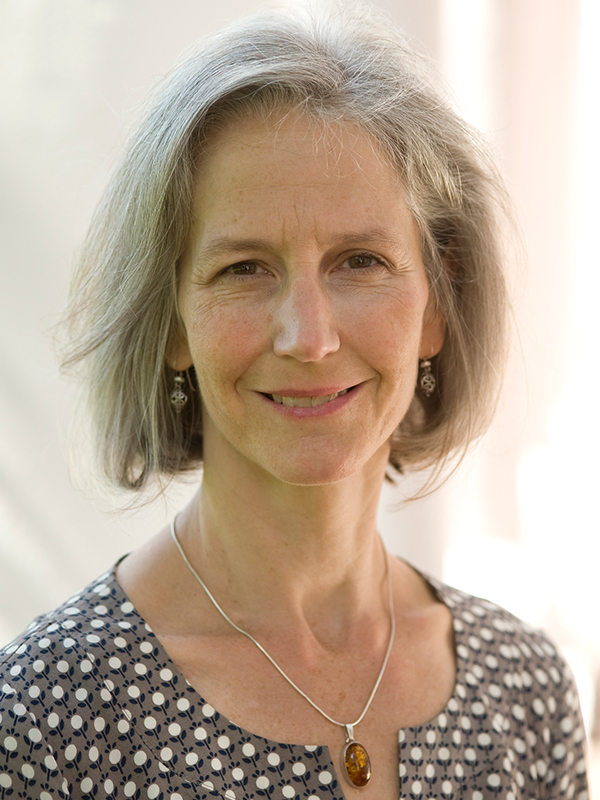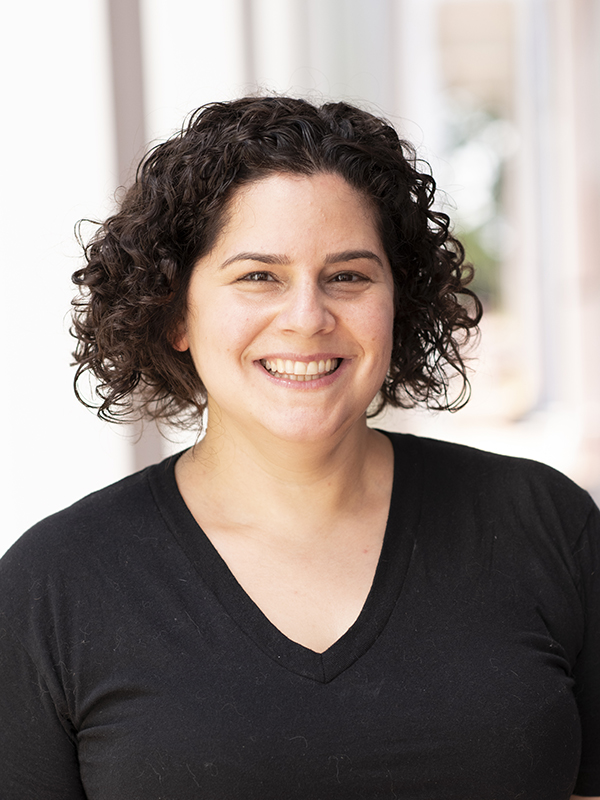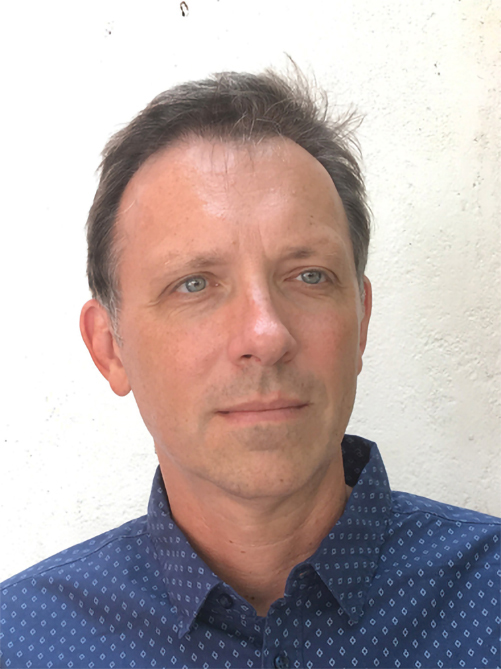Religion
- Degree Type Bachelor of Arts
- Department Religion
- Academic Division The College
- Offerings Major Minor


Religion is a major source of inspiration, meaning and controversy in human culture. It informs politics, economics, art, literature and almost everything else making up human culture. We cannot understand human history — or current events — without knowledge of religion.
Religion
Religious studies is by nature an interdisciplinary field, combining methods that are textual and visual, sociological and psychological, philosophical and historical. Its objects of study, religion and the religions, span cultures around the world. They are ancient as well as modern. The study of religion therefore invites students into a field that is as vast as time and space while being of the utmost relevance to life today.
The Religion Department is dedicated to studying religion as a complex and dynamic phenomenon deeply interwoven with other aspects of life and culture. It is an integral part of the liberal arts curriculum of the university. The theories we use and the issues we address cut across the interests of so many other departments that the study of religion can inform a student’s entire course of study.
Students of religion learn to be well-informed and independent thinkers with strong research and analytical skills. The study of it therefore provides excellent preparation for life after W&L, helping students succeed at careers in law, journalism, business, politics, writing, medicine, teaching, counseling and the arts, as well as preparing them for advanced study in religious studies, the humanities or social sciences.
Courses in Religion:
- Teach about the world’s religious traditions, introducing students to the thought, beliefs, institutions, symbolic expressions, worship, and social and moral implications of these traditions;
- Address big questions of value, meaning and human cares, and assess the ways these are addressed in religious communities;
- Explore the interaction of religious traditions with other social and cultural forms;
- Introduce students to the various methods employed in religious studies: historical, philosophical and theological, sociological and psychological, textual, hermeneutical and aesthetic, and comparative;
- Encourage students to think about religious ways of life tolerantly, sympathetically and yet critically.
Outcomes
Students of religion have gone on to be successful in all walks of life. Some go on to graduate study or train for the clergy, but most pursue careers in areas such as law, medicine, teaching, public service, business ... you name it.
Opportunities
Grants support student research in fields advised by professors of religion. Professors have also welcomed students as summer research assistants through similar university programs.
The department offers interdisciplinary Spring Term Abroad courses for students interested in the subject matter.
Grants from the department have supported student participation in undergraduate research conferences, and students have been invited to support department-sponsored research events.
The greatest opportunity for students is, of course, to be part of an intellectually serious and vibrant community. You will be stimulated in body, heart and mind by engaging with people of utmost interest and concern.
Meet the Faculty
At W&L, students enjoy small classes and close relationships with professors who educate and nurture.
